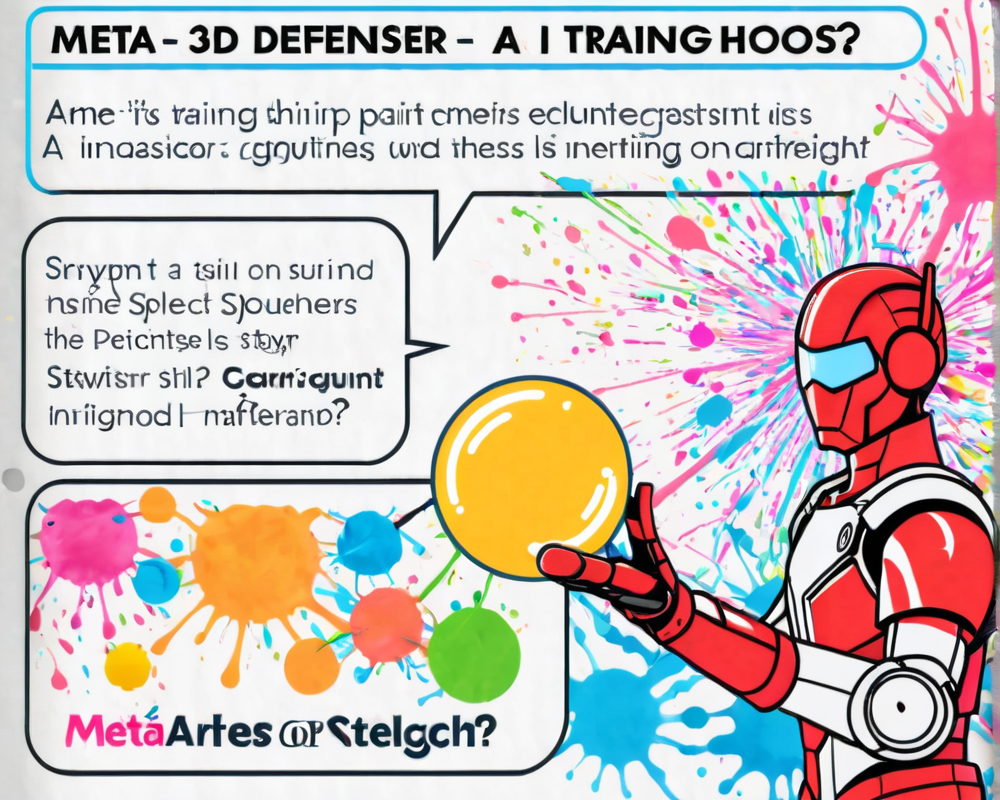Meta’s Defense in Court
Recently, in a courtroom showdown, Meta has passionately refuted allegations claiming that its AI model, Llama, was born from the pages of copyrighted tomes penned by popular authors. This legal drama unfolded on Sept. 18, as Meta faced off against the likes of author Sarah Silverman and others who accused the tech giant of copyright violations in AI training.
The Heart of the Matter: Fair Use
During the proceedings, Meta boldly described the use of literary texts to train its language models as “transformative” and a prime example of fair use. The company contended that leveraging these texts allows Llama to statistically model language and churn out original expressions. In its defense, Meta referenced a previous court case involving Google, arguing that the tech titan’s use of copyrighted material to create a search tool was deemed fair use, establishing a legal precedent.
What’s Next for the Authors?
Author representatives, however, aren’t backing down. In a statement issued a day later, they expressed unwavering confidence in their position. They intend to continue pressing forward with claims through the stages of discovery and trial, insisting that Meta’s assertions only scratch the surface of a complex issue.
The Wider Implications of AI and Copyrights
This case isn’t an isolated incident. It’s part of a broader wave of lawsuits hitting Big Tech companies as they grapple with the implications of AI in copyright and data usage. In August, OpenAI sought to dismiss similar allegations concerning its training methods, indicating a potential trend within the tech community to challenge the legality of their AI practices.
The Future of AI Training
As we continue to navigate this evolving landscape, one thing is clear: the debate surrounding AI training and copyright law is far from over. Legal minds are circling as tech companies line up to defend their practices amidst a backdrop of changing regulations and the relentless march of technology. With lawsuits sprouting like weeds, including a class-action against OpenAI and Microsoft, the future of AI’s relationship with copyright remains uncertain.
So, will AI systems find themselves in a legally gray area forever? Or will a more definitive ruling pave the way for innovation without impediments? Only time—and a few judges—will tell.




